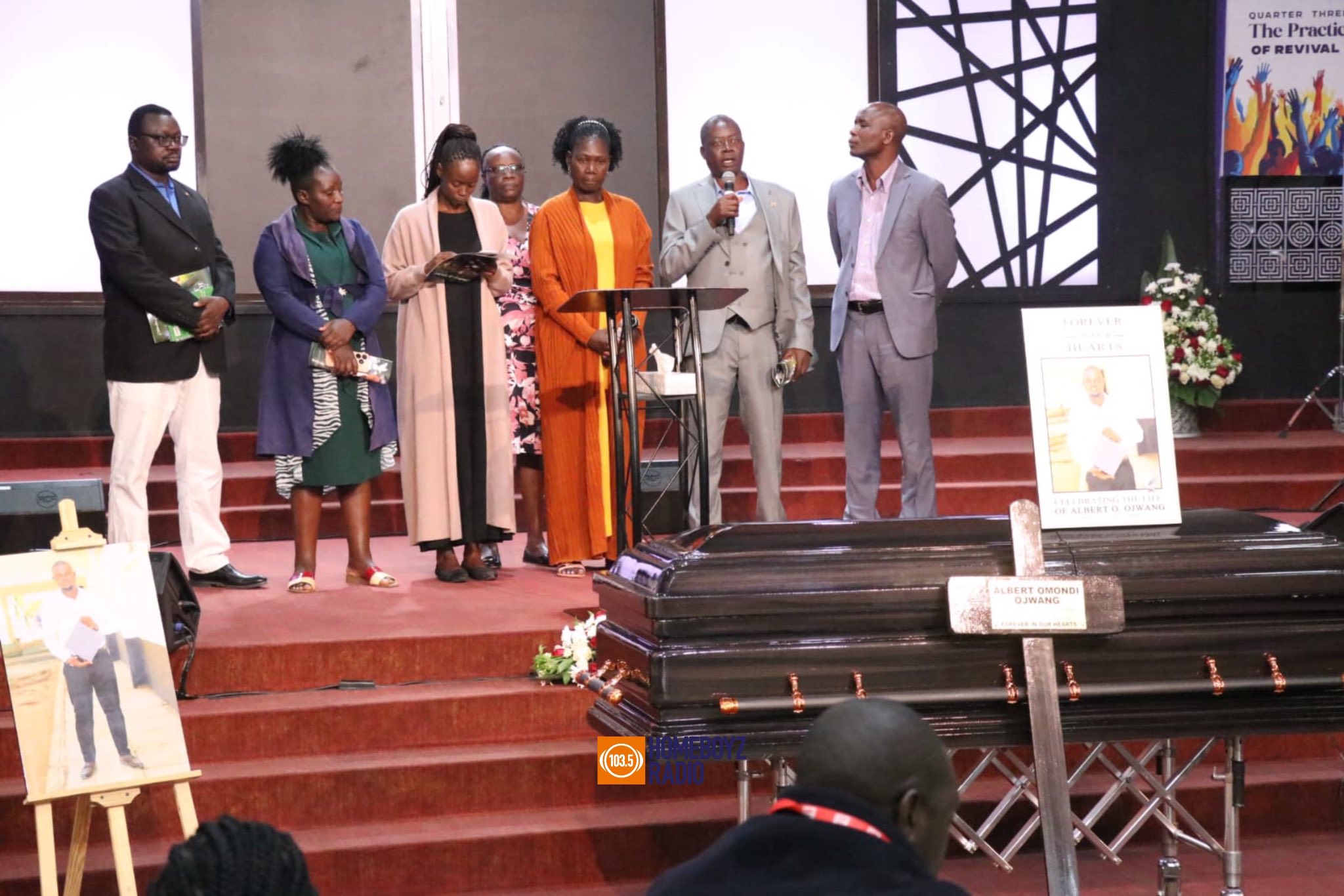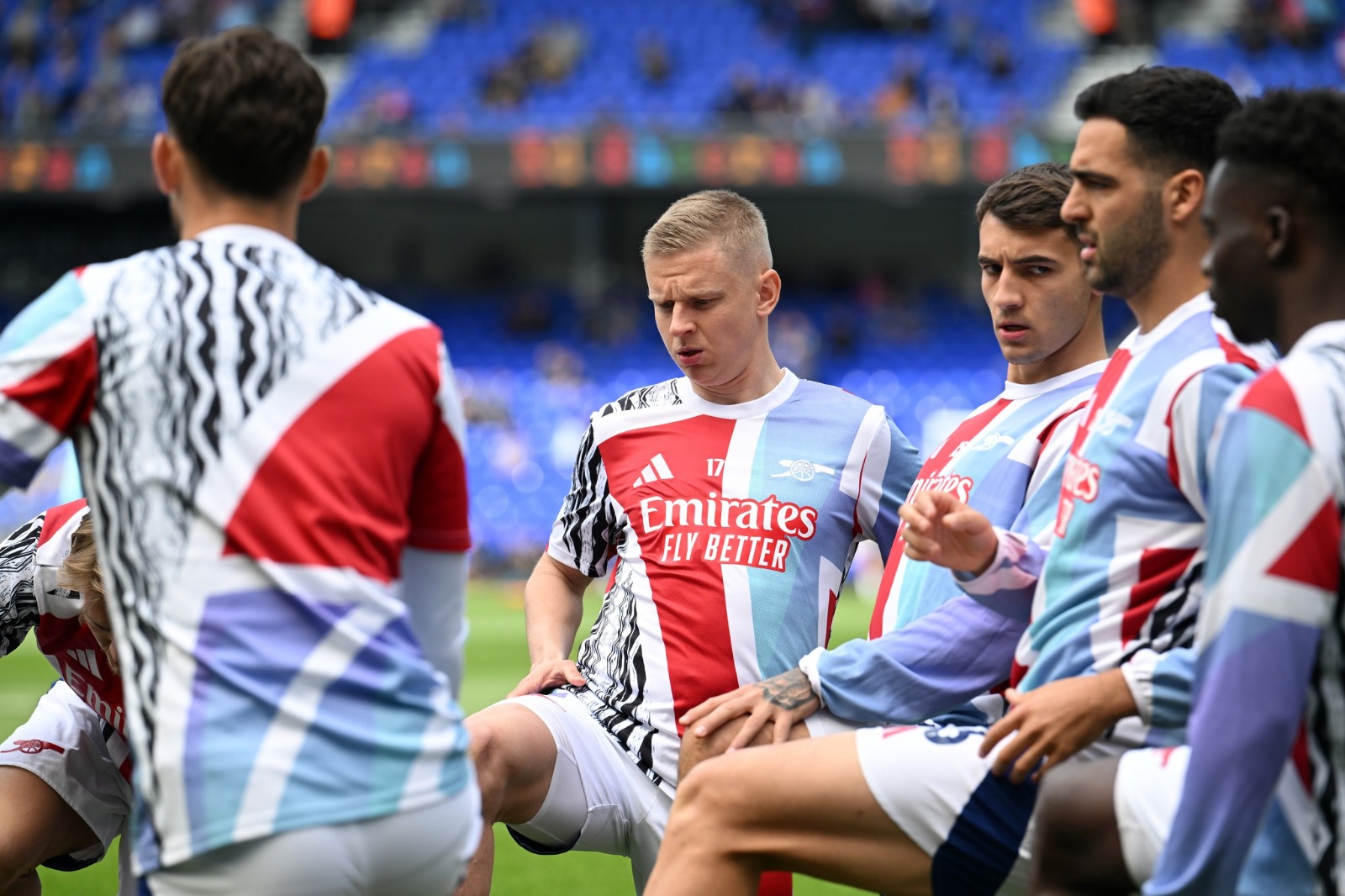Supreme Court's Full Verdict On Presidential Petition Judgment
The Supreme Court on Monday delivered a full judgement on the presidential election and made recommendations to the Independent Electoral and Boundaries Commission (IEBC).
The apex court's verdict delivered on 5th September upheld William Ruto’s victory in the August 9 presidential election, a move which ended political uncertainty.
The seven judges, Justices Martha Koome (Chief Justice), Philomena Mwilu (Deputy Chief Justice), Mohammed Ibrahim, Smokin Wanjala, Njoki Ndung’u, Isaac Lenaola, and William Ouko unanimously made the ruling and promised to give a full judgment of the Presidential Election petition to explain further why they decide to uphold Ruto's win.
In the presence of the court were Former Premier Raila Odinga and his running mate Martha Karua as the first petitioner together with other seven petitioners, eleven people as respondents, and three independent legal bodies led by the Law Society of Kenya (LSK).
The court in its full judgment issued a list of recommendations regarding various aspects of the electoral process.
On corporate governance issues;
1. Parliament should consider enhancing the statutory and regulatory framework on the separate policy and administrative remit of IEBC.
2. IEBC ought to effect formal internal guidelines that clearly delineate the policy, strategy, and oversight responsibility of the Chairperson and the Commissioners; and develop institutionalized guidelines on how to manage the separation of administrative and policy domains.
3. The roles of the Chairperson, Commissioners, the Chief Executive Officer, other staff, and third parties should be set out in both the legislative and administrative edicts as stipulated above.
On election technology;
4. To avoid suspicion from stakeholders, unless where and when it is absolutely necessary, access to the servers supporting the transmission and storage of Forms 34A, 34B and 34C should be restricted to IEBC staff during the election period.
5. IEBC should ensure that the servers supporting the elections and those serving their internal administrative work are distinct and separate.
This would then allow the Court, should the need arise, to carry out forensic imaging of the same without compromising and/or infringing any third-party agreements.
On statutory Forms;
6. IEBC may consider simplifying and restructuring the Form 34A and include a column that accounts for stray ballots. In addition, it may consider having only one section for total valid votes.
The independent body may also find it prudent to thoroughly train its Returning Officers as to what constitutes valid votes per this Court’s decision.
7. IEBC ought to put in place specific mechanisms to allow for special voting as contemplated under Regulation 90 of the Elections (General) Regulations 2012.
Constitutional Reforms;
There is a need to extend the constitutional timeline, within which to hear and determine a Presidential Election Petition for efficient case management by the Court, and also, to afford the parties sufficient time to ventilate their cases.
Conduct of the Proceedings;
The lawyers and judiciary staff should conduct themselves with decorum to preserve the dignity of the Court and the proceedings while bearing in mind the provisions of Section 28 of the Supreme Court Act.
Discussing the merits of the case by the parties outside the Court is not permitted. The Court may cite parties in violation of this contempt rule.”
Tags: Iebc Signstv Supreme Court Lsk Supreme Court Recommendations


